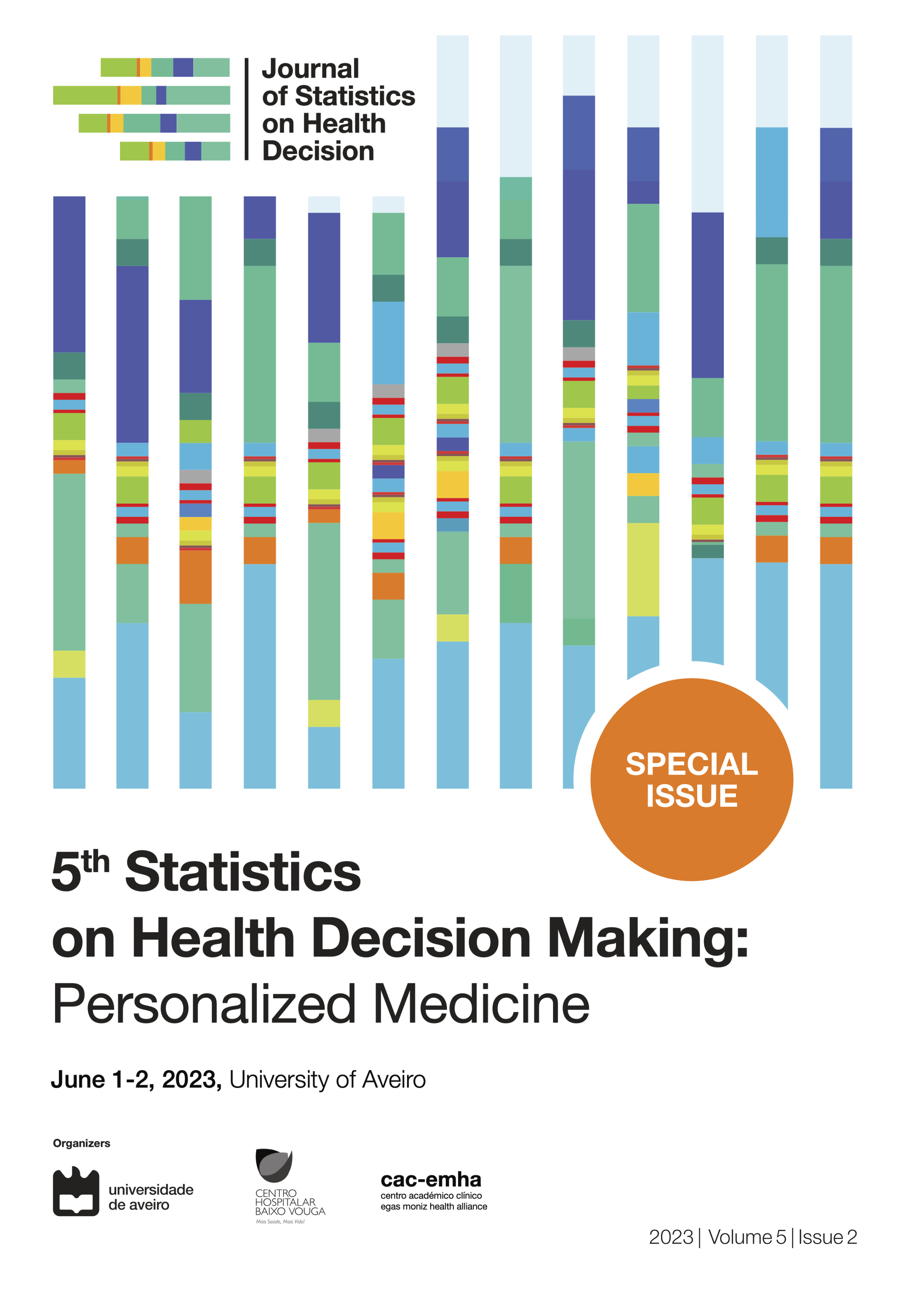Physicians' perceptions of psychosocial factors and coping strategies in their ability to work: a multivariate analysis
Abstract
Background/Objective: Physicians play a crucial role in healthcare systems but face negative impacts from a challenging work environment, leading to burnout. Burnout has negative effects on physician health and patient care. Understanding psychosocial aspects of work and coping strategies used by physicians is essential. Validated tools, including COPSOQ-II, BriefCOPE, and WAI scales, can provide insight into the psychosocial impact of the medical profession. The study aims to use these scales to explore the relationship between job demands (COPSOQ-II), coping strategies (BriefCOPE), and work ability (WAI) among Portuguese physicians.
Methods: Participants were recruited through professional associations and organizations with access to physicians, and data was collected via a self-administered web-based questionnaire. Participants’ sociodemographic characteristics were associated with WAI scores through Chi-Square analysis and One-way ANOVA. Outliers were detected through sensitivity analysis, and exploratory and confirmatory factor analyses were performed for the COPSOQ-II and BriefCOPE scales. Associations between WAI scores and COPSOQ-II and BriefCOPE scales were also analyzed.
Results: The study surveyed 55 physicians and found that except for sex, there were no significant differences in the work ability index (WAI) by sociodemographic characteristics. Significant differences were found between WAI and higher scores in job purpose, quality of management, and general health, while higher stress, sleep issues, and depressive symptoms were associated with lower WAI groups. Exploratory (EFA) and confirmatory factorial analyses (CFA) were conducted on the BriefCOPE and COPSOQ-II scales, revealing disconnection with the theoretical model. Under EFA, the BriefCOPE items related to theoretical dimension of "dysfunctional coping" are scattered into other coping dimensions, and the empirical model of the COPSOQ-II scale presented a different configuration from its theoretical model, either in the number of dimensions or in the distribution of items by their dimensions. Under CFA, these differences between the theoretical and empirical models are even clearer, as neither dataset fits to its theoretical counterpart without changes. In BriefCOPE, removing self-blaming is sufficient to correct this, while in COPSOQ, a minimum of 9 dimensions needed to be excluded. Even then this result presents unacceptable CFI(Comparative Fit Index), TLI(Tucker-Lewis Index) and RMSEA(Root Mean Square Error of Approximation) values.
Conclusions: This study analyzed physician perceptions of workplace environment and job-related and psychosocial factors using a questionnaire. However, the results did not provide any significant findings, and only suggested some possible associations between certain workplace factors, coping abilities, and work ability. The study had a small sample size and further research with larger sample sizes is needed to confirm these findings.
Copyright (c) 2023 Ana Messias, Marta Estrela, Pedro Couto, Pedro Sá-Couto, Marco Ramos

This work is licensed under a Creative Commons Attribution 4.0 International License.
When submitting an article to the Journal of Statistics on Health Decision (JSHD), authors certify the following clauses:
- Originality and single submission – The contents presented in the article have not been published previously in whole or in part, and were not submitted or are not under active consideration elsewhere prior JSHD decision. The article is authentic and does not contain plagiarism.
- Authorship – All authors reviewed the article, agreed with its content, and agreed to its submission to the JSHD. All the authorship criteria stated by The International Committee of Medical Journal Editors Guidelines were met.
- Conflicts of interest – Any conflict of interests were declared. If authors have no declaration, it should be written (in the acknowledgements section): “The authors declare no conflict of interests”.
- Ethics committee and informed consent (if applicable) – The current research was approved by an independent ethics committee and subjects gave their informed consent before they were enrolled in the study.
- And authors agree to the Open Access license agreement of the Journal of Statistics on Health Decision, stated bellow.








